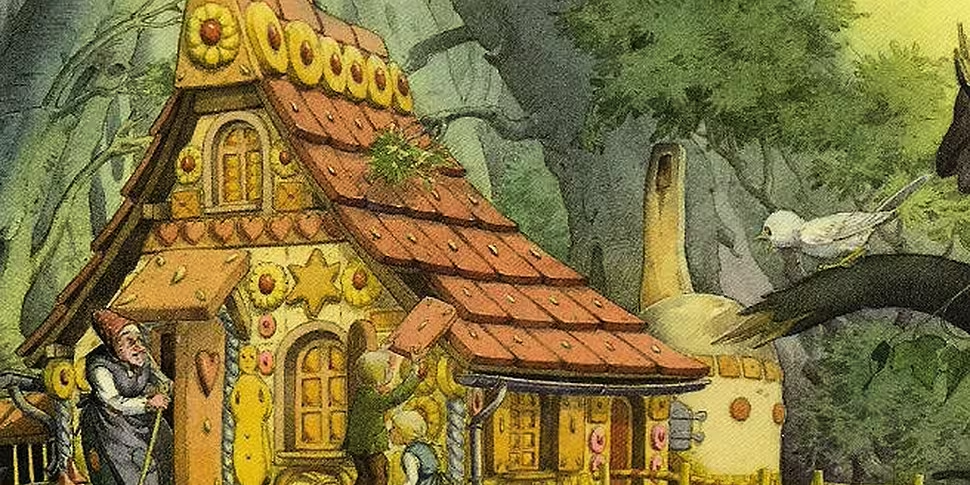When the Brothers Grimm first published their collection of German folktales in 1812, they were rather more violent than modern tastes permit. One of the stories was even called ‘How the Children Played at Slaughtering’, and presumably didn’t end happily ever after for their playthings.
Over the next century, every time the book was republished, the newest edition toned down the graphic violence to make it more palatable for children while increasing the references to Christianity.
But now, the first edition had finally been translated into English.

(Image: Princeton University Press)
Translated by Jack Zipes, professor emeritus of German and comparative literature at the University of Minnesota, the new version includes all 156 stories, many of which have been removed over time.
Along with the reinstalled violence, modern readers will find some of the adult themes unfamiliar in the classic fairytales. For instance, after having a “merry time” with her prince, Rapunzel turns to Mother Gothel to ask “Why are my clothes becoming too tight? They don’t fit me anymore.” In Cinderella, the stepsisters are urged by their mother to hack off parts of their feet to fit their feet inside the slipper - "Here's a knife! If the slipper is still too tight for you, then cut off a piece of your foot. It will hurt a bit. But what does that matter?"
Prof Zipes believes the Grimms changed their work to appeal to middle-class families, but he believes his new translation of the old version offers readers the chance to make up their own minds.
"It is time for parents and publishers to stop dumbing down the Grimms' tales for children," he said. "If there is anything offensive, readers can decide what to read for themselves."









